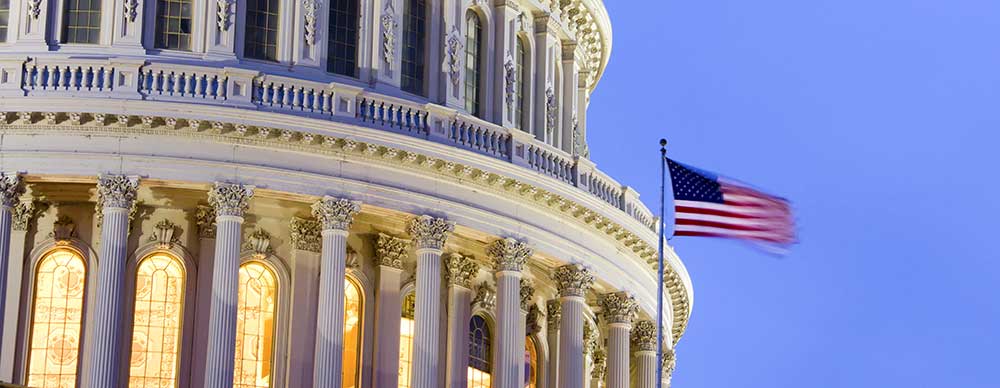AMERICA'S new restrictions on the sale of e-cigarette flavour have come under fire by both anti and pro vapers.
The U.S. government's FDA has announced that while it won't implement a ban on flavoured vape juice and pods from stores and gas stations, as originally expected in its drive to restrict underage vaping, all shops must now police themselves. Stores will be expected to implement closed-off, over-18 areas instead, which would be inaccessible to teenagers, where fruit and candy flavours will be sold. Under the new laws, tobacco, menthol and mint flavours will remain unrestricted and can be sold anywhere. In a move that pro vapers and ex smokers say could result in stores cutting back on selling juices and pods all together, a separate cashier would be needed for the new flavour section - a costly and difficult modification. While the agency admitted it would provide more detail on how to restrict access at a later date, FDA Commissioner Dr. Scott Gottlieb said putting the vaping products under counters would not be sufficient. He explained: "What we are envisioning is a separate room or a walled-off area. It needs to be a complete separate structure. A curtain won't cut it."
Critics have also claimed this "age restricted"; ban in stores or in parts of stores is an "ill-defined"; distinction that would be hard to enforce, with some saying it won't be implemented properly with teenagers still likely to have access - while others believe shops will simply stop selling flavours altogether, which would hit adult users and ex-smokers hard.
Anti-vape groups, which were expecting a much harsher ban from the FDA, have ridiculed the proposals, which have been put in place. While many were expecting a full nationwide clamp down on fruit and candy flavours in most stores and gas stations - with sales conducted mainly online with age verification tools or in specialized vape stores; lawyers say the agency did not have the legal authority to impose it without a lengthy and complicated court process.
Matt Myers, president of Campaign for Tobacco-Free Kids; which "strongly supports"; an accompanying plan by the FDA to ban all mint flavoured cigars and cigarettes in its drive to cut underage smokers; appeared less impressed with the government's in-store vape plan.
According to the New York Times he said "Does this mean a simple curtain with a sign like we used to see at the entrance to the pornography section of video stores?" Lyle Beckwith, a spokesman for the National Association of Convenience Stores, said his group "will be reviewing the regulation and advising our members accordingly" as to how to best implement the new rules.
He noted, as an aside, that according to his teenage son, most minors already get their flavour pods from older youth, not convenience stores.
But Dr Gottlieb said in a statement that he hoped the new package of proposals would strike a balance between stopping underage vaping and helping smokers who have used e-cigarettes to quit their habit. He said that within the next three months, e-cigarette manufacturers should remove all flavoured vape products from "where kids can access them and from online sites that do not have sufficiently robust age-verification procedures".
Pro vapers, meanwhile, have asked the FDA to consider their proposals carefully and called on the government to look at different ways of protecting children while not harming ex-smokers and the stores that sell vape products. In a letter to the government agency's commissioner Dr Gottlieb, Iowa's Attorney General Thomas Miller along with a group of leading public health experts has warned of the dangers of exaggerating the risks of e-cigarettes "saying they are clearly helping drive down smoking rates." In it they wrote: "With so much to gain from e-cigarette use by smokers, we write to urge FDA to take carefully calibrated and proportionate action in response. "We hope you will consider the possible resulting harm to public health that could arise from disproportionate intervention, given the relative harms of cigarettes and e-cigarettes, the interactions between youth vaping and smoking, and between adult use and youth use."
Attorney General Miller added to his argument that the FDA need to tread carefully in its war on a so-called "epidemic" of vaping, writing in America's Washington Post: "Thirty-four million American adults smoke, and 17 million will die from smoking-related diseases." "If all American smokers switched to e-cigarettes, we could extend the lives of up to 6.6 million people. Some have switched. In the past three years, the adult smoking rate dropped 17 percent, a rate rarely, if ever, seen." Tax increases, smoke-free statutes, public ad campaigns, advertising restrictions and cessation programs have contributed to consistently falling smoking rates. But the most plausible explanation for the recent accelerated decline is the common use of e-cigarettes.






Leave a comment
This site is protected by hCaptcha and the hCaptcha Privacy Policy and Terms of Service apply.